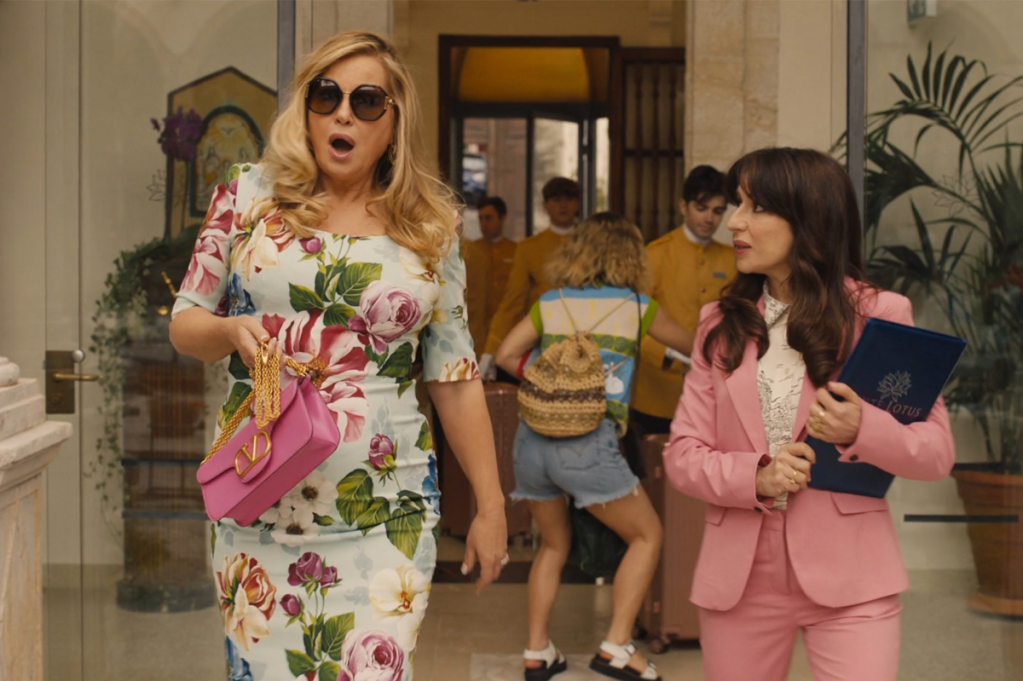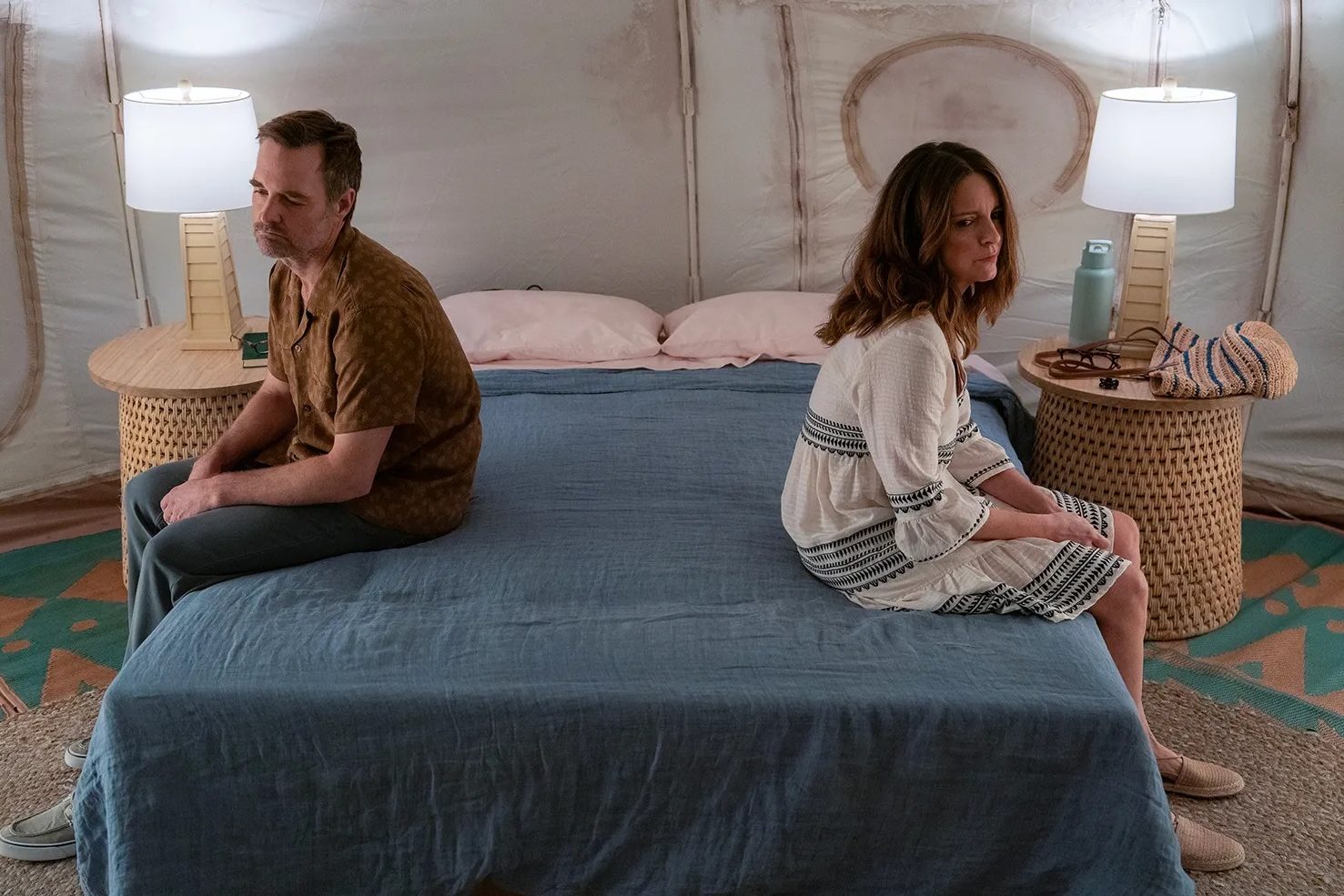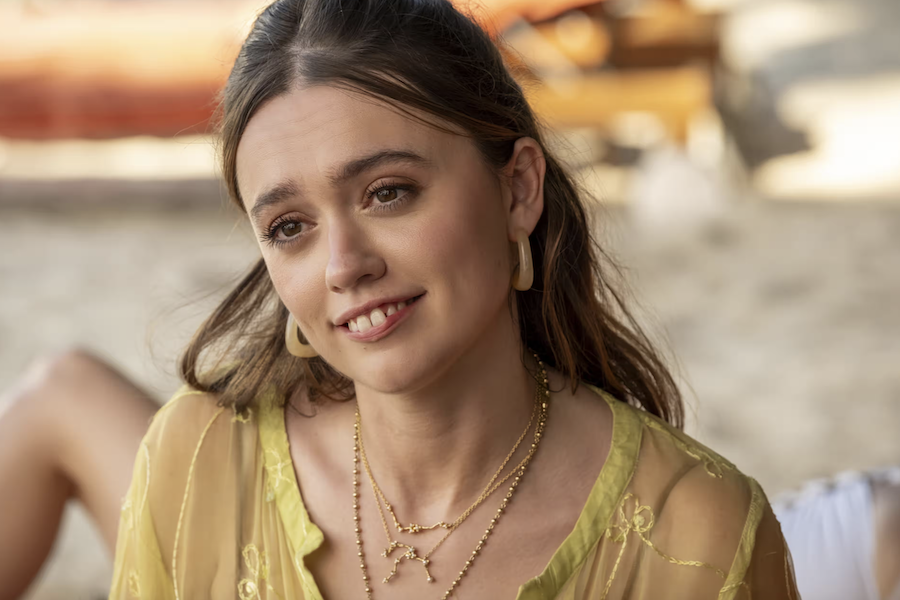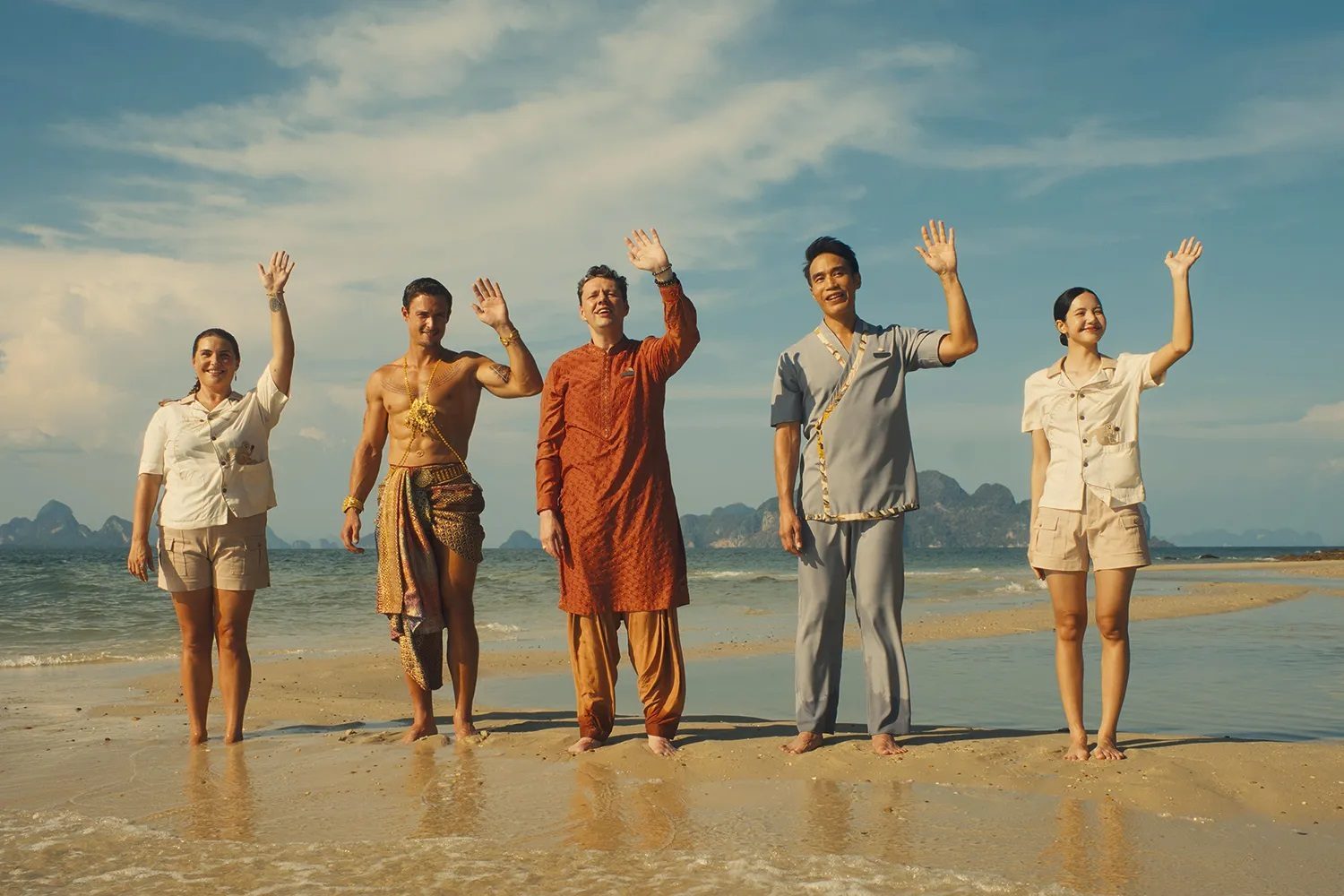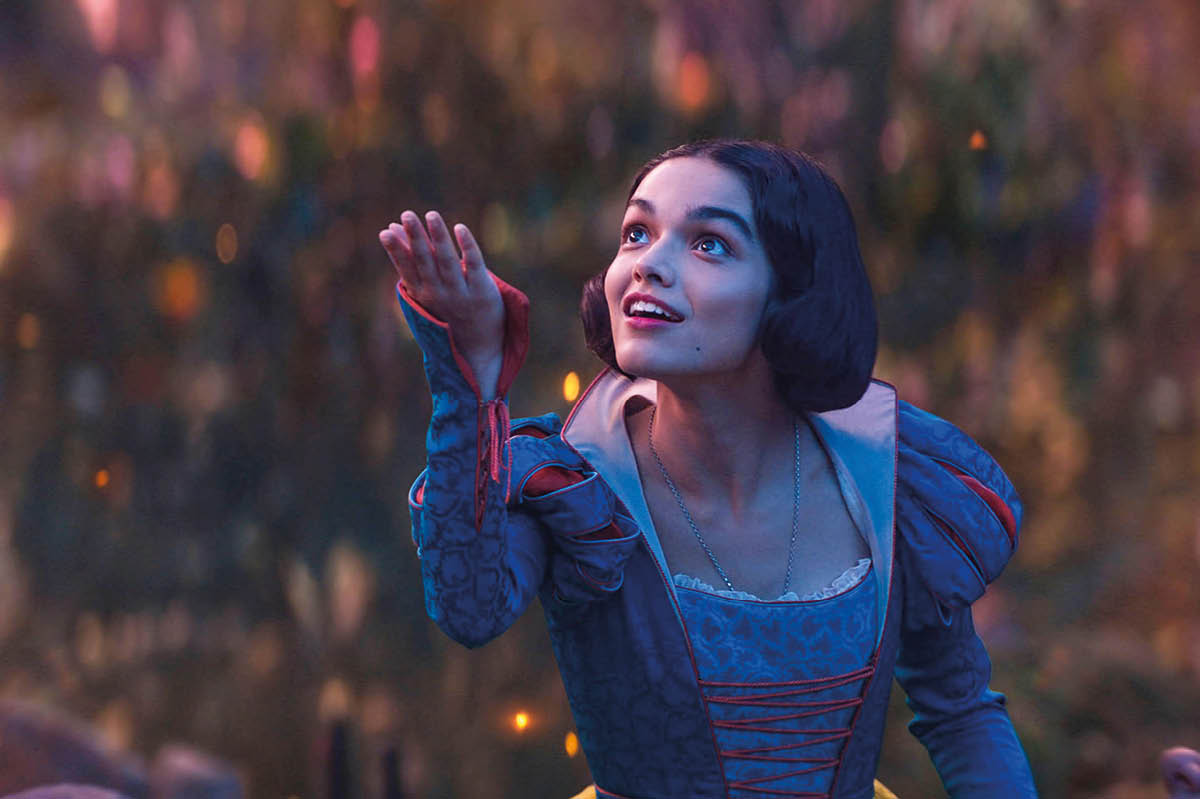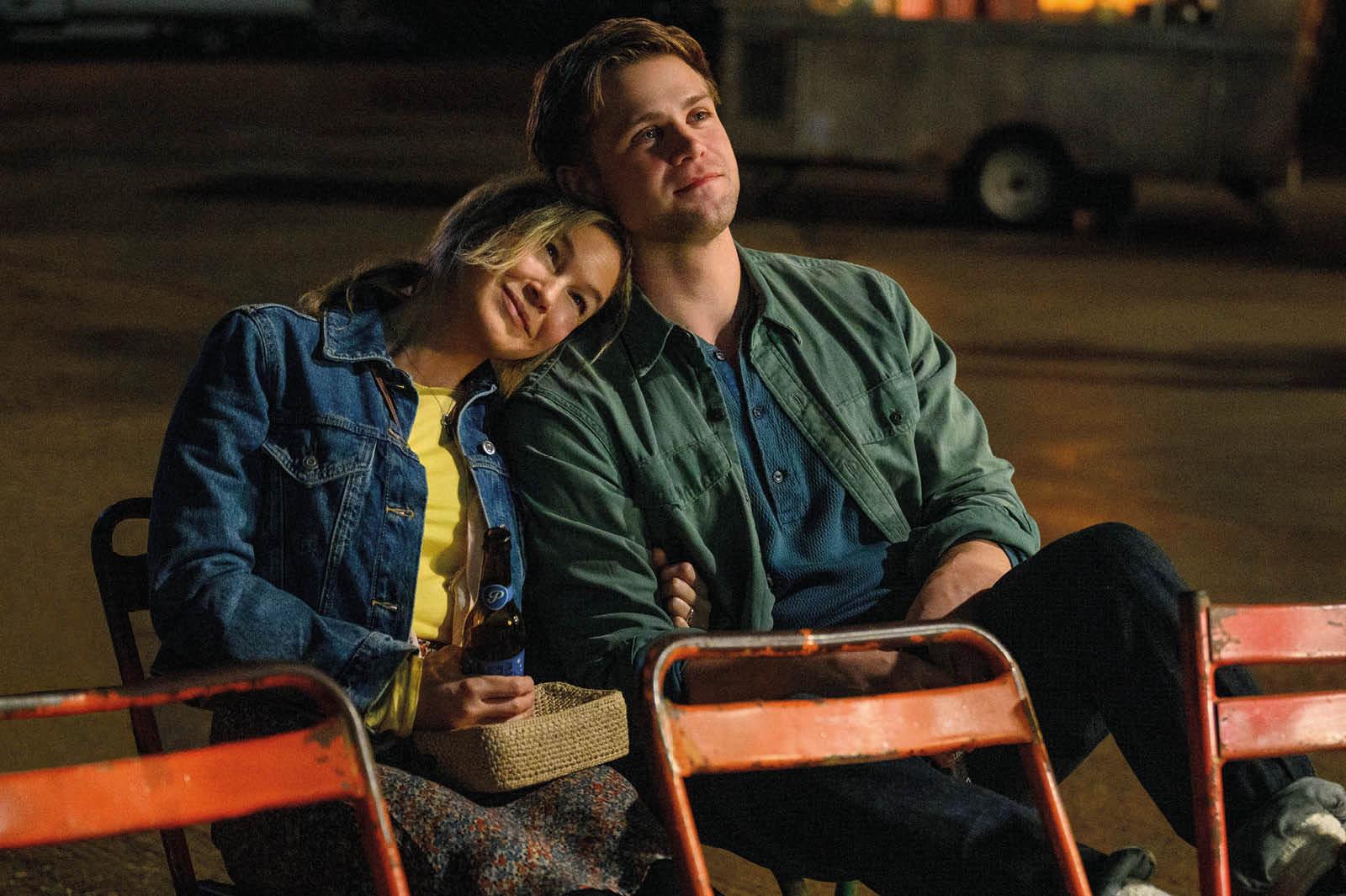The first season of The White Lotus opens with a coffin being loaded onto a plane. In the second, a beachgoer discovers several bodies bobbing like croutons in the topaz Sicilian sea.
Each season of HBO’s hit series is set in a fictional, titular hotel chain whose recreationally wealthy guests spat to pointless deaths — the perfect framing for an Agatha Christie-esque murder mystery. Instead, showrunner Mike White uses the form for rollicking melodrama that blends an absurdist comedy of manners with a class satire.
As a viewer, you can vicariously enjoy a luxurious getaway while relieving your envy by mocking those who can actually afford it.
Initially set in Hawaii, The White Lotus was designed as a one-off mini-series written and directed by the serially underrated Mike White; the pen behind the impeccable School of Rock. Ten Emmys, millions of fans and many memes later, HBO decided it was wise to renew. We return to a different locale for season two, a luxurious Italian getaway.
Though unashamedly satirical, The White Lotus is not sharply pointed like Thank You For Smoking or The Death of Stalin. It’s closer to Succession, as it wittily exaggerates the mockable absurdities of the upper crust. There’s also an overanalytical reading that gestures wildly about hegemonic wealth, colonialism, WASP cultural supremacy and social power. The show’s political edge is only truly sharpened in season one’s finale, where the rich go scot-free, the poor punished further .
In that season, novice clickbait journalist, Rachel (Alexandra Daddario) is on honeymoon with her wealthy real estate agent husband, Shane (Jake Lacy). She’s trying to enjoy her stay, but as soon as they arrive, Shane’s overbearing mother Kitty (Molly Shannon) decides to judge the hotel and Rachel’s fondness of it, which amplifies her son’s obsessive anger.
Though the de facto protagonist, Rachel’s boring normalcy makes her seem like an unglamorous nag amid this carnival of the indolent and egoistic rich. Conversely, the show’s standout is mustachioed Australian hotel manager Armond, masterfully played by Murray Bartlett. On the edge of a nervous breakdown, cracking after five years of being somewhat clean, he’s pestered to the brink by unruly guests like Shane.
While fending off Shane’s constant pestering, Armond is also dealing with the Mossbachers, an upper-middle-class family on holiday and failing to reconnect. The mopey teen son Quinn (Fred Hechinger) would rather spend time on his phone. His C-suite executive mother Nicole (Connie Britton) is much the same. Similarly, their sophomore daughter Olivia (played by the effortlessly cool Sydney Sweeney) would rather sit in beach chairs with her friend Paula, holding Camille Paglia and Nietzsche books they probably aren’t reading.
The only returning characters for season two are Greg (Jon Gries), his new wife and the show’s comic pulse, Tanya, fabulously portrayed by Jennifer Coolidge. She’s a grand, over-emotional drama queen with a directionless life spent fussing over endless nothings. As her new assistant, Portia says on the phone, “She’s a mess, she’s a miserable mess. If I had half a billion dollars, I would not be miserable, I would be enjoying my life. It’s so unfair, and I’m so tired!” Her friend replies, “Oh, don’t worry about her. Just go get some dick.”
Except for Tanya and Greg, season two has a new cast and tone. Season one contrasted its exotic luxury with American Pie shock humor and regular cringe, whereas season two feels drier and sharper.
Two episodes in, it’s more comic drama than season one’s dramatic comedy. White has shifted his focus from dysfunctional families and class satire to a more direct look at the tensions that arise from relationships and sex. It still abounds in cringe-induced laughs and sharp poking of the egoistic, apathetic rich, but there’s a lattice of delicious tension between most of the characters, straining in multiple directions and built up by the second season’s more genuine take on sex, which can be positively seductive in its mediterranean locale.
The Italian hotel hosts three generations of Di Grasso men, bound by blood and their poor relationships with women; and Aubrey Plaza’s snippy lawyer Harper, on vacation with her husband Ethan (Will Sharpe), his tech-bro roommate Cameron (Theo James) and ditsy wife Daphne (Meghann Fahy).
They’re just as cringe-inducing and deluded as the Hawaii guests, and — within seven episodes — some of them will be dead, or served medium-rare, with Mike White holding the carving knife.



